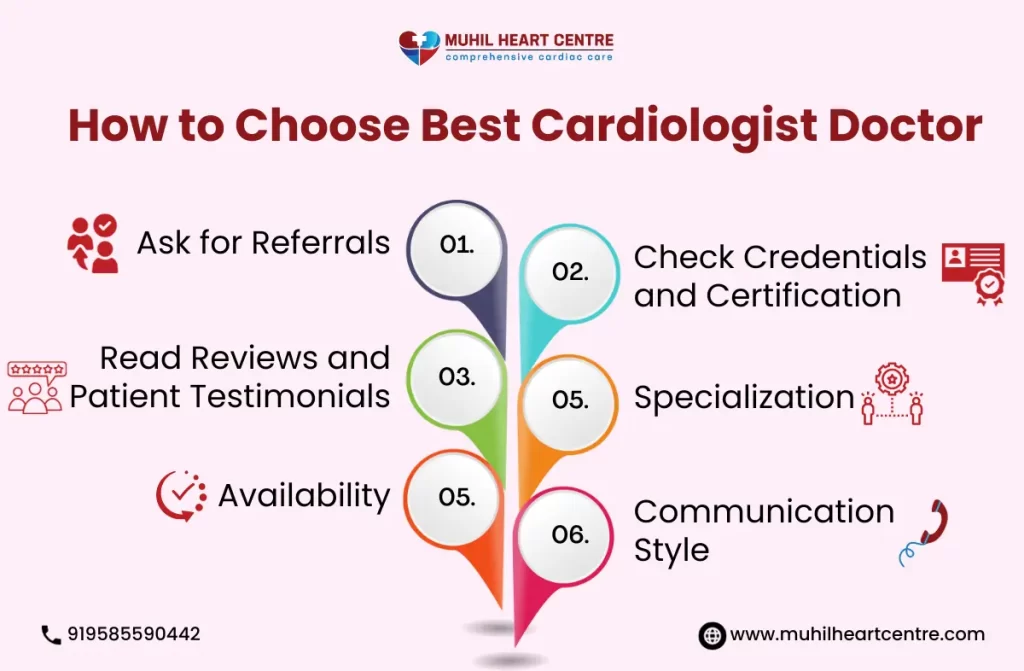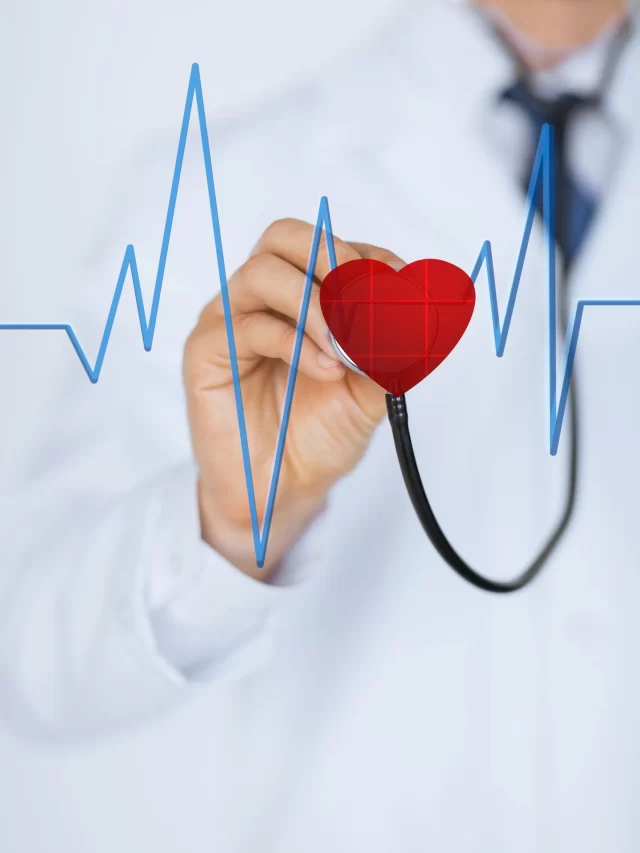In your heart, that tireless organ that keeps you alive every day, deserves the best care and attention possible. This is where a cardiologist can help. But who is a heart doctor, and what does a cardiologist do? In this in-depth guide, we will delve into the fascinating world of who is a cardiologist doctor? and the critical work they do to keep your heart in top condition.
Who is a Cardiologist Doctor?
A cardiologist doctor is a medical specialist dedicated to the diagnosis, treatment, and prevention of cardiovascular diseases and disorders. These highly trained physicians focus on the health of the heart and blood vessels, utilizing various diagnostic techniques, such as EKGs and echocardiograms, to provide comprehensive care for patients with heart-related issues, ranging from heart disease and heart attacks to heart rhythm abnormalities and heart failure.

The Cardiologist Has Been Revealed
A cardiologist, also known as a heart specialist, is a medical doctor who specializes in the diagnosis, treatment, and prevention of heart diseases and conditions. Their role in the medical field is to be the true defenders of your cardiovascular health, the experts who keep your heart in peak condition. These committed doctors receive extensive training to become specialists in their fields, making them your heart’s best friend. So, what is the role of a cardiologist? They are your heart’s ultimate protector, with a thorough understanding of the heart and circulatory system.
The Heart Health Promoters
Cardiologists play a crucial role in promoting heart health. Their role includes emphasizing the importance of a heart-healthy lifestyle, which encompasses a balanced diet, regular exercise, and stress management. Furthermore, they offer invaluable advice on maintaining an ideal weight, managing hypertension, and controlling cholesterol levels. By helping you adopt these practices, they reduce the risk of heart disease and ensure that your heart remains your steadfast companion. This outlines the important aspects of who is a cardiologist doctor.
Diagnosis and Treatment
One of the primary roles of a cardiologist is diagnosing heart conditions. When you experience symptoms like chest pain, shortness of breath, or an irregular heartbeat, a cardiologist can perform a variety of tests, including electrocardiograms (ECGs), echocardiograms, and stress tests, to identify the underlying issue. Once the problem is pinpointed, they recommend appropriate treatments, which may include medication, lifestyle changes, or even surgical procedures like angioplasty or bypass surgery.
Preventing Heart Disease
Who is a cardiologist doctor when it comes to preventing heart disease? They are your first line of defence. Cardiologists work diligently to identify risk factors for heart disease and create personalized prevention plans. By addressing these factors, such as smoking, obesity, and diabetes, they help you reduce the likelihood of heart-related problems. Regular check-ups with a cardiologist can be a critical component of your overall health strategy.
Management of Chronic Conditions
Cardiologists also specialize in managing chronic heart conditions. For patients with diseases like congestive heart failure or arrhythmia, these specialists create ongoing treatment plans to maintain the best possible heart health. Regular monitoring and adjustments to medication ensure that patients enjoy a good quality of life and a healthy heart.
The Cardiology Specializations
Cardiologists are a diverse group, each with specific areas of expertise. Understanding the various types of cardiologists, and knowing who is a cardiologist doctor, can help you get the specialized care you need for your heart health.
Interventional Cardiologists
Interventional cardiologists are skilled in performing minimally invasive procedures, such as angioplasty and stent placement. They use these techniques to open blocked arteries and restore blood flow to the heart. If you have coronary artery disease, an interventional cardiologist might be your go-to specialist.
Electrophysiologists
Electrophysiologists, who is a cardiologist doctors, focus on the heart’s electrical system. They diagnose and treat conditions like arrhythmias, where the heart beats irregularly. These specialists use techniques like ablation to correct electrical issues and restore a normal heartbeat.
Paediatric Cardiologists
Children can experience heart problems too, and paediatric cardiologists are there to help. They specialize in diagnosing and treating heart conditions in infants, children, and adolescents, ensuring that even the youngest hearts receive the care they deserve.
Prioritizing Routine Heart Check-Ups
To fully comprehend the role of a cardiologist in your life, it’s essential to emphasize the significance of regular heart check-ups. Routine visits to your cardiologist, who is a cardiologist doctor, can detect potential issues early and help you maintain optimal heart health.
Heart check-ups typically include a thorough assessment of your overall health, risk factors, and specific heart-related concerns. These appointments may involve various diagnostic tests and screenings, depending on your age and medical history. By keeping up with these check-ups, you take a proactive step towards preventing heart disease and ensuring that your heart remains your best friend.
Conclusion
Cardiologists are more than just doctors; they are your heart’s best friend and cardiologist doctor experts. They are critical in promoting cardiovascular health, diagnosing and treating heart conditions, and preventing cardiovascular disease. They ensure that your heart continues to beat strongly, day after day, with their expertise and dedication, defining who is a cardiologist doctor.


